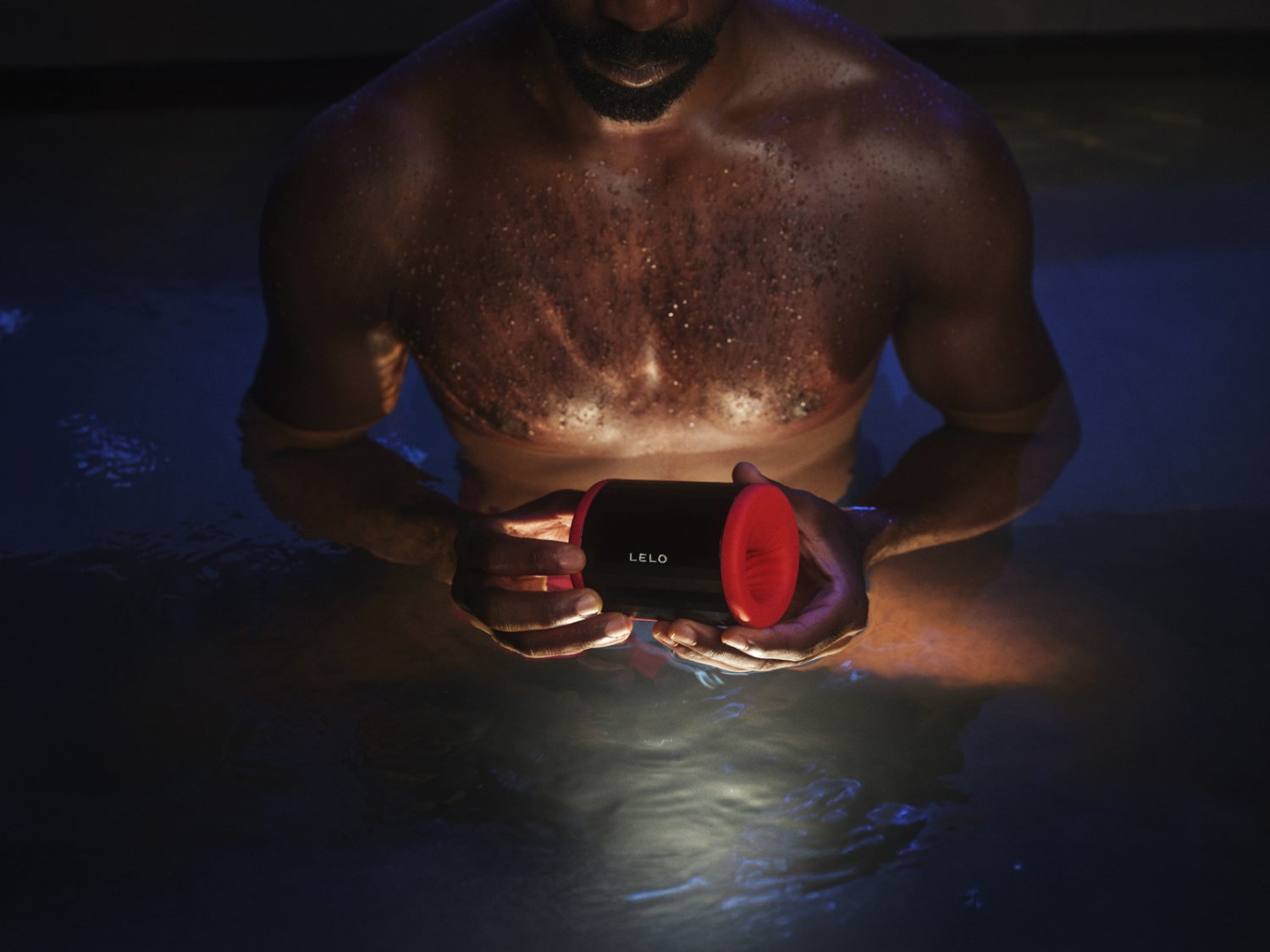Consent. It’s a seemingly simple concept that, for many reasons, is largely misunderstood. How can something as simple as a yes or no be so misconstrued, so often? Consent is unbelievably important and it isn’t a gray area. You may think your partner wants to do it, but unless you’re 100 percent on the same page as your potential sexual partner, then you shouldn’t dive in.
Consent matters because it means sexual safety for all parties involved. Recent movements like #MeToo have brought the prevalence of sexual violence and misconduct in our culture to the forefront of the conversation. Rape culture is a very real thing. Victims are often taught how to fight back, how to avoid sexual violence, but it is something that we should work to prevent rather than defend against. An important component of creating a culture of consent is to learn, teach, and live the real meaning of affirmative consent.
The Difference Between Yes and No
Most of us have heard the saying “no means no.” But a lot of people are sometimes confused when the answer to a sexual advance feels more like a “maybe” or “probably not”. Consent has to be affirmative, so if they’re not saying f*ck yes, then it’s a f*ck no.
Thankfully, state legislatures, such as New York and California, have begun initiating sexual consent laws on college campuses, evolving “no means no” into “yes means yes,” and “enough is enough.”
New York’s “Yes Means Yes” law, defines affirmative consent as
“a knowing, voluntary, and mutual decision among all participants to engage in sexual activity. You can give consent with words or actions, as long as those words or actions create clear permission regarding willingness to engage in the sexual activity. Silence or lack of resistance, in and of itself, does not demonstrate consent. The definition of consent does not vary based upon a participant’s sex, sexual orientation, gender identity, or gender expression.”
This means that an affirmative, conscious, and un-coerced yes is the only way to freely give and receive consent in any sexual situation. Seems easy enough to understand, but before you go telling everyone that you’re a consent professional, there are many aspects to this understanding.
Consent is more than just a yes. Every step of the way.
Your partner could be saying yes to kissing, but not to sexual touching. Or maybe they are saying yes to oral, but never agreed to penetration. Whenever the level of sexual activity is elevated, both partners need to re-give consent. This is not to say that on your next sexual encounter, you need to be constantly asking if your partner is okay every two seconds, but that there needs to be a distinction between exactly what your partner is consenting to and what they haven’t.
Consent is more than just a yes. Intoxication matters.
Your partner has to know every intention, every aspect of what is going on. Maybe they had one too many drinks, or delved into other substances, and aren’t entirely aware of themselves and their surroundings. In these kinds of situations, a “yes” may be uttered, but don’t start undressing just yet, because that consent is not affirmative. Listening is more than just hearing words. Both partners need to have clarity of mind to freely consent to sex. How many times have you done something regrettable after a night of serious intoxication? For most of us, at least a few. It’s true that not all sex is completely sober, but taking advantage of someone in an altered state is never okay. If you’re in doubt about your level of intoxication or someone else’s, there is no way that you can give or get affirmative consent.
Consent is more than just a yes. It isn’t permanent.
Once consent is given, it can completely be taken away at any moment. So if your partner starts to feel unsafe, insecure, or is downright no longer in the mood, all sexual activity must come to a halt. It’s not something you can pretend you didn’t hear and then carry on with your business. You might not have any idea why someone may want to stop having sex in the midst of it all. That doesn’t matter. There might be a history of sexual trauma resurfacing, or maybe they realized they weren’t ready for whatever was being thrown at them. Regardless of the reason, if someone says no after they’ve said yes, the latter sets the new precedence.
Additionally, you may have had completely consensual sex with someone once, but consent only goes as far as that one encounter. When you let someone borrow your car, they do not all of a sudden have permission to use it whenever they please. The same goes for sex. It can be a yes one day, and a no the next. Everyone is in charge of their own bodies.
Consent is more than just a yes. Disclose your status.
Consent is just as much about giving as it is receiving (just like every sexual practice), meaning consent has to be informed. If you are HIV positive, at risk, or have any other type of STD/STI that could be transferred, make these things clear to your partner. If you keep them in the dark, you could be putting them at risk for contracting diseases as well. And, when you’re HIV positive, you actually have a legal obligation to be upfront about your situation.
* * *
Hopefully, the blurry fog that covered sexual consent is beginning to disperse, and you’ll be ready when the time comes. Remember: consent goes both ways and must come from both partners, regardless of gender or orientation. Sex isn’t a one-sided experience. And it shouldn’t start that way. It’s time to embrace the consent culture entirely, leaving the outdated and outrageous present culture far, far behind us.










